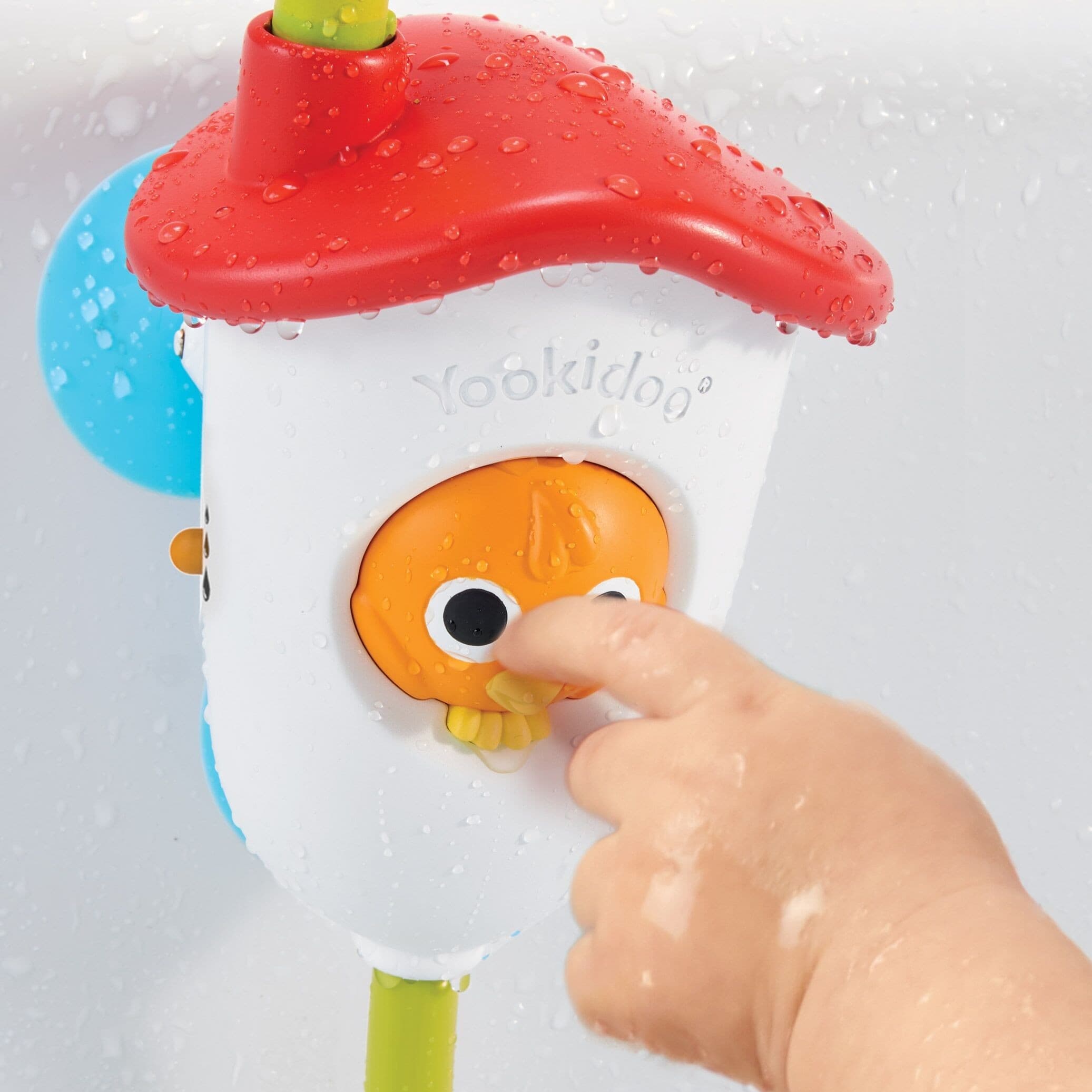
As soon as babies are born, they start to explore and learn about the world around them. Babies are born with all five senses and as they grow and develop, their senses become more refined. Sensory development is crucial for a baby’s cognitive, physical, and emotional development.
Table of Contents
What is Sensory Development?

Sensory development is the process by which a baby’s nervous system receives and interprets information from the environment through the senses. These senses include sight, sound, touch, taste, and smell. As babies grow and develop, their senses become more refined, allowing them to better understand and interact with the world around them.
The Importance of Sensory Development
Sensory development is crucial for a baby’s cognitive, physical, and emotional development. Babies who have healthy sensory development are better able to process and understand information from the environment, which can help them learn, develop language skills, and build relationships with others. Sensory development also helps babies develop fine and gross motor skills, which are essential for physical development.
Sensory Development Milestones
There are several sensory development milestones that babies reach as they grow and develop. These milestones include:
- Birth to 4 Months: During this time, babies are able to see high-contrast objects, such as black and white patterns. They also start to recognize familiar voices and sounds.
- 4 to 7 Months: Babies start to develop depth perception and can track moving objects with their eyes. They also start to reach for and grasp objects.
- 7 to 12 Months: Babies begin to understand object permanence, meaning they know that objects continue to exist even when they can’t see them. They also start to use their senses to explore their environment, such as mouthing objects or banging toys together.
Ways to Support Sensory Development
There are many ways to support a baby’s sensory development:
- Provide a variety of sensory experiences: Expose babies to different sights, sounds, textures, tastes, and smells.
- Encourage exploration: Allow babies to explore their environment safely by providing age-appropriate toys and objects to play with.
- Engage in sensory activities: Singing, dancing, and playing games like peek-a-boo can help stimulate a baby’s senses.
Common Sensory Issues
Some babies may experience sensory issues, which can affect their ability to process and understand information from the environment. Common sensory issues include:
- Hypersensitivity: A baby may be overly sensitive to sensory input, such as bright lights, loud noises, or certain textures.
- Hyposensitivity: A baby may be under-sensitive to sensory input, meaning they may not respond appropriately to certain stimuli.
Conclusion
Sensory development is a crucial aspect of a baby’s overall development. By providing a variety of sensory experiences and allowing babies to explore their environment, parents and caregivers can help support healthy sensory development. If you have concerns about your baby’s sensory development, talk to your pediatrician.
Related Articles
- The Benefits of Baby Massage for Sensory Development
- How Music Can Enhance Your Baby’s Sensory Development
- Sensory Play Ideas for Babies and Toddlers
- Understanding Sensory Processing Disorder in Babies and Children
- The Role of Sensory Integration Therapy in Supporting Sensory Development
Frequently Asked Questions
What is sensory processing disorder?
Sensory processing disorder (SPD) is a condition in which the brain has difficulty processing and responding to sensory information from the environment. This can lead to a range of symptoms, including oversensitivity or undersensitivity to certain stimuli, difficulty regulating emotions, and difficulty with fine and gross motor skills.
How can I tell if my baby has sensory issues?
Some signs that your baby may have sensory issues include difficulty with feeding or sleeping, avoiding certain textures or movements, and becoming easily overwhelmed by sensory input.
Can sensory issues be treated?
Yes, sensory issues can be treated with occupational therapy, which can help a child learn how to process and respond to sensory information in a more effective way.
Are sensory issues common?
Yes, sensory issues are relatively common, with estimates suggesting that up to 5-16% of children may experience sensory processing difficulties.
When should I talk to my pediatrician about my baby’s sensory development?
If you have concerns about your baby’s sensory development, it’s always a good idea to talk to your pediatrician. They can help evaluate your baby’s development and recommend any interventions or therapies that may be needed.
